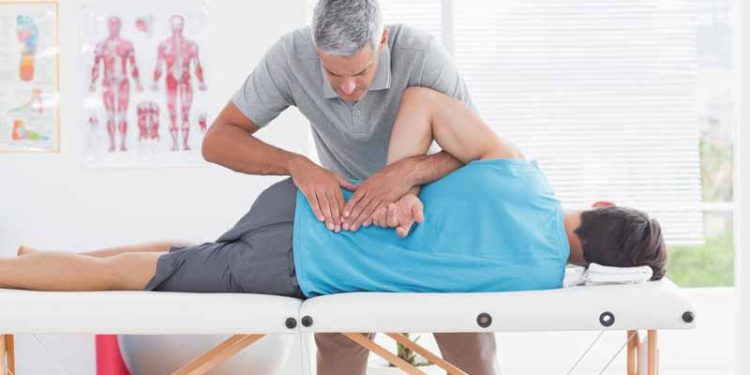Are you looking for hip pain treatment? A simple way to reduce inflammation and pain is to elevate your hip. Although this is not an easy task, it will allow more blood to reach your hip and heart, reducing swelling and pain. Another way to help reduce swelling is to sleep on the other side of your body. This will prevent pressure from aggravating your injury. If you have a bad hip, be aware of your posture, and avoid activities that stress your joints.
While you should continue to exercise regularly, try not to overdo it. While exercise will help your hip heal, make sure not to overdo it. Pace yourself and avoid sitting in low-slung chairs or other activities that strain your hip joint. This will prevent the pain from getting worse and allow you to keep moving. If your pain is severe, you should consult your doctor and follow their instructions.
Effective Hip Pain Treatment
Another effective hip pain treatment is icing the joint. Ice reduces inflammation and helps relieve pain. You can purchase ice packs and wrap them in a towel. If you can’t find an ice pack, you can use frozen vegetables. When using ice, wrap it in a cloth or towel to avoid frostbite and skin irritation. For severe hip arthritis, you can undergo surgery to replace your damaged joint.
If you don’t have an underlying condition, consider doing low-impact aerobic exercises. Walking, swimming, stationary cycling, and elliptical machines are low-impact aerobic activities that don’t cause joint damage. These exercises are gentle on your body and can increase your range of motion. This will also reduce pain and inflammation while reducing the risk of arthritis. And while they may not be a cure for hip pain, they can improve your quality of life.
Difficult to Diagnose
Hip pain can be difficult to diagnose, especially if you don’t have an accurate diagnosis. In some cases, hip pain can come from other places in the body. Patients often confuse the pain with pain in other body parts, such as sciatica or endometriosis. Your primary care physician can make an accurate diagnosis and refer you to a specialist. Your doctor will be able to determine which activity is causing your pain.
A physiotherapist can help you exercise properly, reduce pain, or teach you exercises that can reduce the stress on your joints. A physiotherapist will also teach you to use crutches or walking sticks to make the joints stronger and more stable. Private physiotherapy is often more expensive than NHS referrals, but it can help patients with work-related pain. And they may have access to a wider range of treatments.
High Intensity Athletics
High-intensity athletics may increase the risk of osteoarthritis, a form of arthritis characterized by inflammation of the hip joint. It can also lead to the formation of bony lumps, called osteophytes. The painful condition will cause the affected person to limp or move their hip with difficulty. Fortunately, surgery is available to unlock the bones in the hip.
A physician with experience in treating conditions of this type can help you find a hip pain treatment. For example, osteoarthritis can be a genetic condition, but it can also be acquired. Certain medications and excessive alcohol consumption can cause avascular necrosis, leading to hip arthritis. And some people can have hip arthritis from non-genetic causes, like femoroacetabular impingement.
Relieve Hip Pain by Home Remedies
While many home remedies can help relieve hip pain, you must know the side effects. While simple painkillers may be helpful, long-term use can lead to serious health complications. Inflammatory medications can lead to stomach and liver problems. You should seek medical advice before using any medication. If your pain is caused by arthritis, NSAIDs may help alleviate your pain. However, it is important to note that they should only be used for a short time, never for longer than two weeks.
Final Thoughts
Compression can also help. Compression is useful in cases of overuse injuries. Compression increases circulation and helps damaged muscles heal faster. It also reminds people to rest and take care of their hips. While compression is commonly used in acute pain after an injury, it can also benefit chronic hip pain. The pain is generally a dull ache or a sharp pain. If you have a herniated disc or spinal stenosis, it may be a sign of arthritis.






